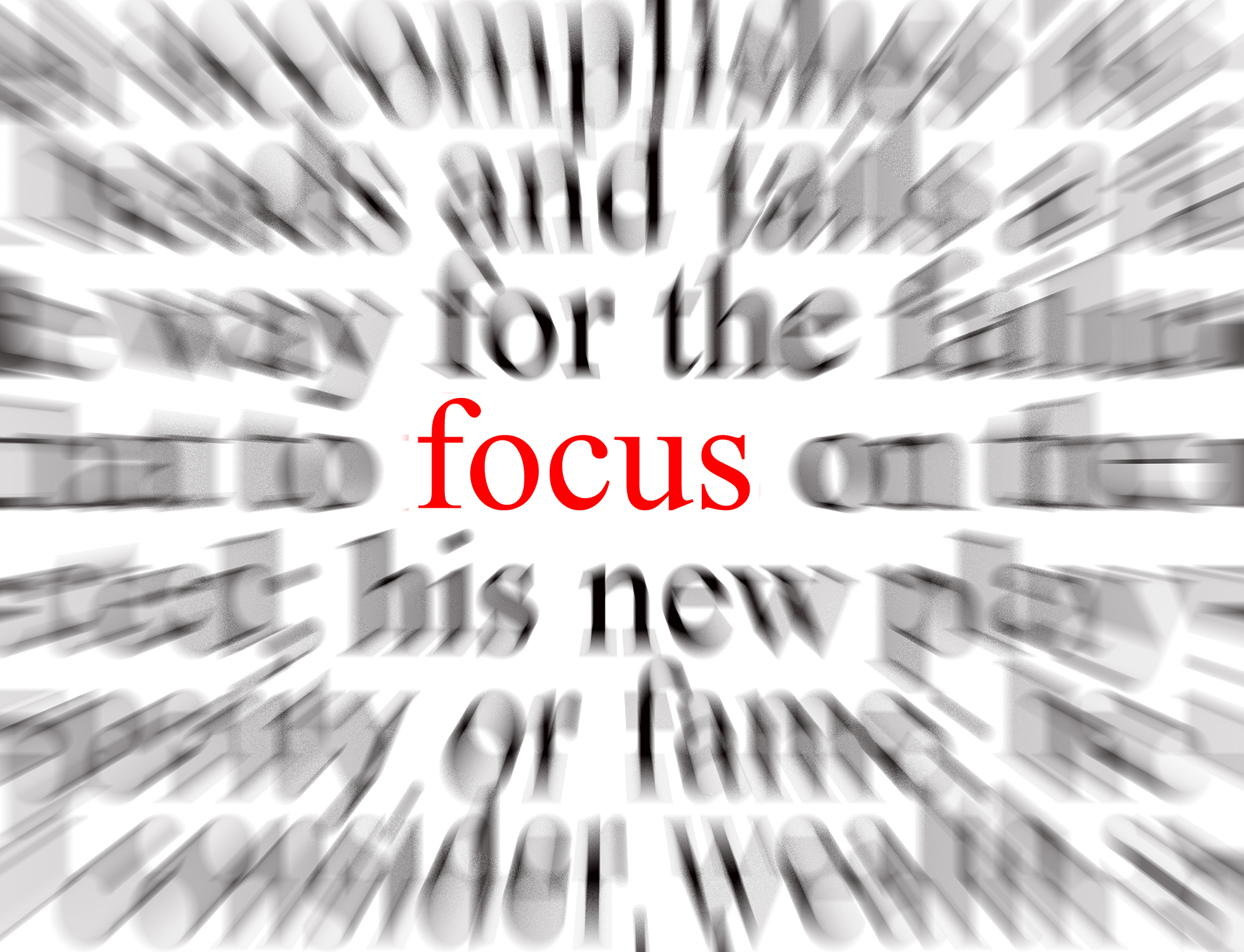A good event professional is a good juggler. Many things constantly require your attention and you need to be an expert at balancing everything so that you don’t drop the ball on anything important. This is where things can get a bit tricky.
With you having to book speakers, choose performers, find the right caterers, inspect venues, and do a thousand other things, things get really challenging, really quickly. Sometimes it’s easy to just feel frustrated, thinking that you “don’t have enough time.”
Well, that idea of not having “enough time” is actually untrue.
Each and every one of us is given the same amount of time each day. Usually, what separates success from failure is how wisely you use your time. The key here, as we’ve talked about before, is the focus.

Deadlines Will Kill You Sooner or Later
Usually we try to use deadlines to increase our focus, but deadlines are like flossing, everyone agrees that they are good for us but in reality, no one really likes deadlines (and flossing).
Being time-bound, deadlines are usually stress-driven. Instead of feeling motivated to work hard, a deadline often pushes you to procrastinate especially when the due date is still a long way off. As the deadline draws near, you’ll slowly feel the pressure mounting which often times is not the best way to work.
This pressure causes you to churn out uninspired work and increases the chances of making disastrous mistakes. While it did help you focus, you’re now focusing on beating the deadline instead of doing good work.
Startlines: A Better Alternative to Deadlines
Now a better alternative to setting a deadline is to go for a startline instead.
What’s the difference between the two, you ask?
With a startline, your focus isn’t finishing a task on an appointed date. Instead, your goal is to just get started on the work. Think of it as the exact opposite of deadlines. Instead of depending on “due dates”, your mindset is more focused on “do date.” So instead of saying, “We need to finish this, and this and this by a certain date,” you say, “We need to start this, and this, and this soon.”
Why Does It Work? Being Task-Oriented versus Time-Oriented
Startlines are a way for you to do more work and do less worrying. As James Ling wisely said once “Don’t tell me how hard you work. Tell me how much you get done.”
With a startline, your concern is not about completing a task within a specific time period but to simply complete the task, period. You’re not ruled by time, but by the tasks themselves. Instead of keeping tabs on the clock, you’ll be engaged with work since you get to accomplish something each day, as opposed to only achieving something significant at the day of the deadline.
Identifying your priorities and goals won’t be a problem as well. You work on them one day at a time and since you’re on the right track, you end up with more free time in the end. The happiness of getting things done will spill over in your output. It’s a win-win situation for you and your clients!
How To Focus Using Startlines
Here’s how you can take advantage of startlines in your work:
- Make a list of things you want to accomplish.
- Write a startline or start date for each one.
- Limit your day’s work by choosing at least 3 tasks.
- Break the work down into smaller pieces.
- Focus on starting the tasks required to complete the job.
- Don’t mind the clock. Just work hard on your day’s tasks.
- Assign a new start date for unfinished tasks, if you won’t be working on them tomorrow.
If you let startlines govern and guide your work, you will discover that it’s actually possible to beat the traps of deadlines. Eventually, you will have “enough” time not only for your work but for other important things in life as well.
To sum it all up, let’s take a moment to reflect on these wise words by Malcolm S. Forbes:
“One worthwhile task carried to a successful conclusion is worth half-a-hundred half-finished tasks.”


